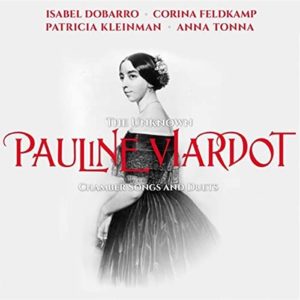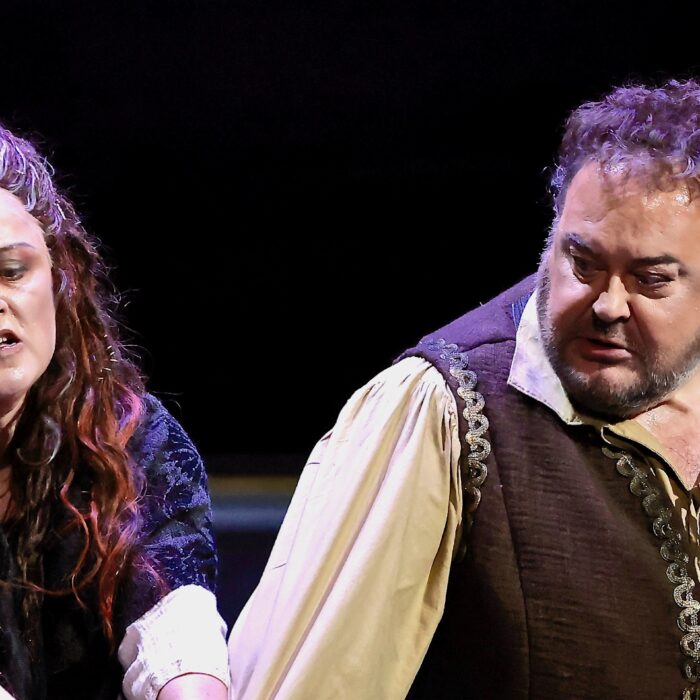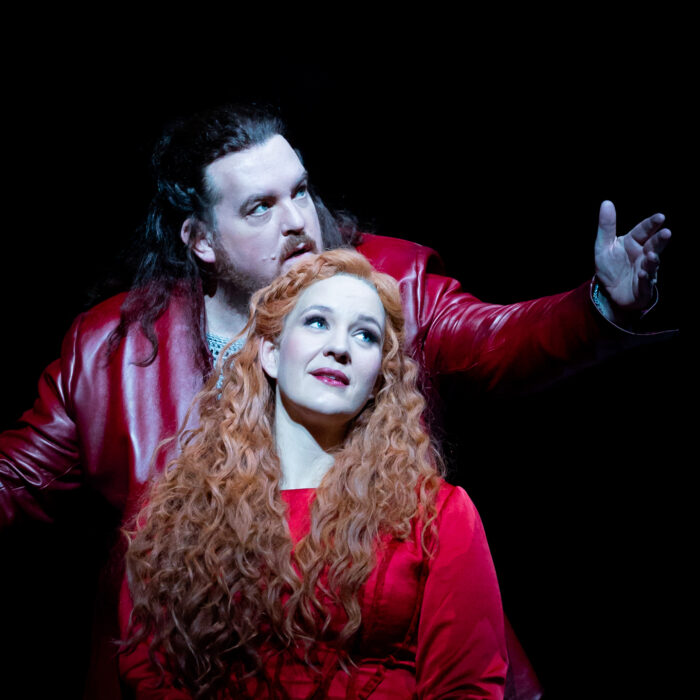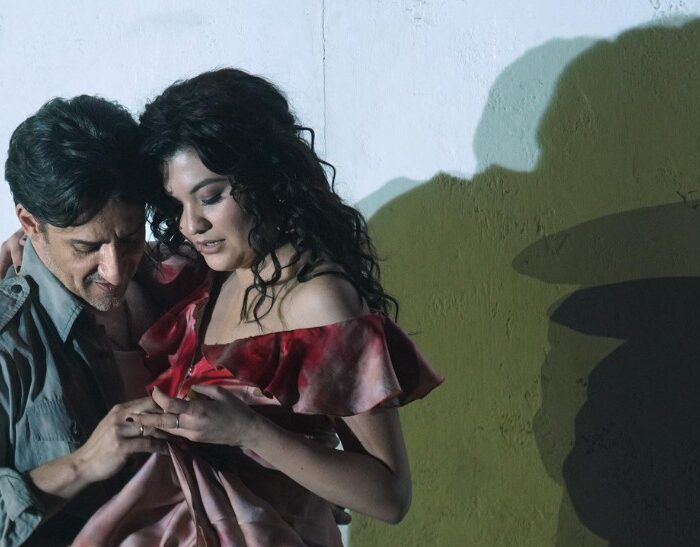
CD Review: The Unknown Pauline Viardot
A Comprehensive & Successful Anthology of Pauline Viardot’s Compositions
By Bob DieschburgThe history of Italian opera is indissociable from Manuel Garcia and his children who have shone in the works of Rossini, Bellini, Donizetti, Balfe, and Gounod to name but a few.
They established themselves as icons of the 19th century whose culture and societal life the sisters Maria, known as La Malibran, and Pauline, wife of Louis Viardot, dominated like no other divas of the Romantic Age. What is more, they left an important oeuvre of instrumental pieces, songs, and operas which both hark back to their Spanish heritage and track the musical influence of the maestros with which their lives have been so intricately linked.
In her new release “The Unknown Pauline Viardot,” the American mezzo Anna Tonna pays homage to the younger of the Garcia sisters, bringing to life a multilingual selection of songs that excel for their melodiousness, wit, and diversity. She is accompanied by pianist Isabel Dobarro and soprano Corina Feldkamp who, in turn, joins her in duets and is heard solo in three of the album’s 19 songs.
A Pauline Viardot Anthology
The program is very well-chosen not only for its musical merits and the emotional variety with which Tonna has to jump from, say, the onomatopoeic lightheartedness of “Mi númen parlero” to the solemnity of Phaedra’s monologue. It also draws attention to Viardot’s literary culture, as her compositions are based on texts by such greats as Petrarch, Racine, Lord Byron, and Ivan Turgenev (with whom she had a tumultuous love “affair”).
Even more importantly, all tracks with the exception of “Scène de Phèdre” and “Caña Española” are world premiere recordings, making “The Unknown Pauline Viardot,” the first and only anthology of its kind. As such, it is an essential contribution to the musicological assessment of Viardot’s creative output from the 1840s to 1897 when “Je n’aime pas les toréros” – the chronologically last song – was written.
As for execution, I think it is undeniable that the musical care of Tonna and her associates can be felt at every juncture of the present recital. There is no single moment in which a sense of haste or ill-preparedness would show for the sake of commercial interest.
However, it is equally undeniable that some of Corina Feldkamp’s notes, mostly in the upper register, can be hard on the ear. This is the case in the opening phrase of “El corazón triste,” as well as in “Come fan’ le ragazze” when the tonal focus loosens on “Sciò, sciò, gallina.” For the same reason, the pairing of Feldkamp and Tonna in the duets is at times not ideal. This should not distract from the harmoniousness of, for instance, the coloratura part in “Mi númen parlero” but on the whole, the disconnect grows the higher the tessitura is.
“Faite pour la tragédie”
Tonna, meanwhile, relies on what is in essence a very distinctive sound, warm at its core but sharp towards its extensions or, in the words of Saint-Saëns, “un peu âpre, faite pour la tragédie et l’épopée (“a little bitter, made for tragedies and the heroic epic”).” In as much as Saint-Saëns’ judgment was tailored to the voice of Pauline Viardot, I find it fair to draw a parallel with Tonna’s instrument whose abilities are most salient in the dramatic soliloquy of Phaedra. As a tragedienne, she converges the meaning of both the music and its text in a much more palpable way than the chamber-piece character of her Spanish songs would allow her to do.
Maybe a sequel to “The Unknown Pauline Viardot” will uncover another gem or two from the composer’s late, dramatic vein.
A final accolade goes to Isabel Dobarro whose sensitive attention to detail transcends her accompanying Tonna and Feldkamp. It is on her foundation that the album builds its not entirely unmitigated success as a comprehensive anthology of Pauline Viardot’s compositional heritage.


